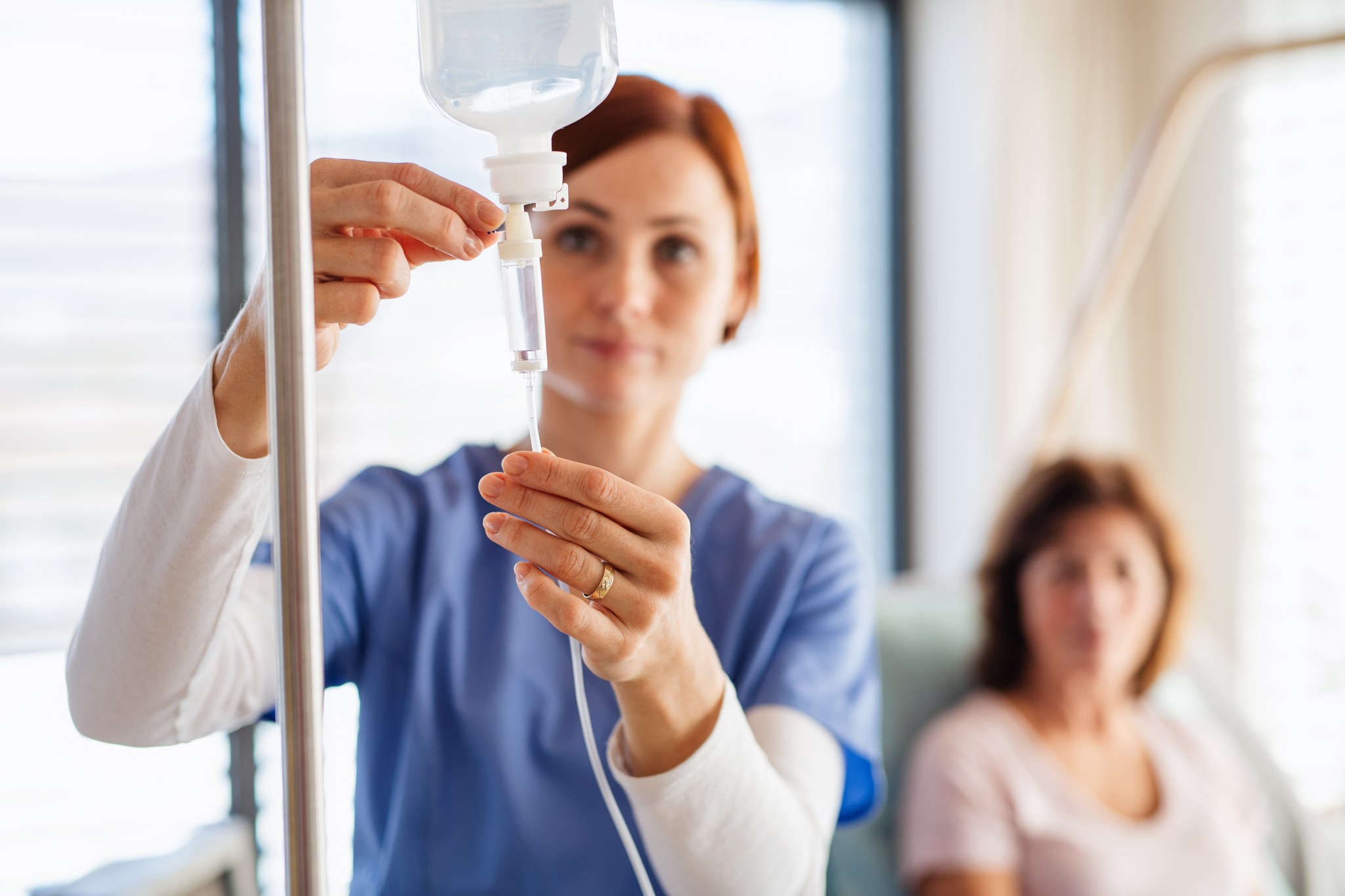Welcome to the KEYTRUDA® (pembrolizumab) patient website. This website contains information for adult patients relating to their treatment involving pembrolizumab in the UK.


How is pembrolizumab administered?
Understand how pembrolizumab is given to you during treatment


Frequently Asked Questions (FAQs)
Access additional resources and frequently asked questions.

Discover pembrolizumab patient resources
Explore resources tailored to support your journey with pembrolizumab
The information provided on this site is general education information and does not take the place of your healthcare professional’s advice. Please always follow your healthcare professional’s instructions and talk with him/her about any questions or problems you have regarding your health and treatment.
All the information on this website is for adults, not children and adolescents. For information for children and adolescents, please consult with your healthcare professional for more information.
GB-PDO-03631 | Date of Preparation: July 2025


